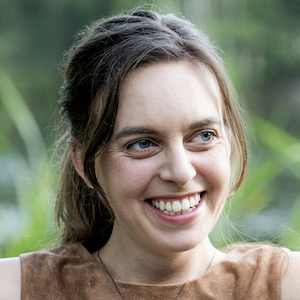We are inspired by activists in academia, journalism, the nonprofit sector, and beyond who are advocating for change. Here are a few of the leaders we’re following. Let us know who you’re following for inspiration.
Denise Abdul-Rahman
Abdul-Rahman has a MBA in Healthcare Management and Health Informatics and a wealth of environmental climate justice experience. She has facilitated and led successful coalitional efforts to halt coal-fired power plants and to bring transformation and liberation of communities into fruition. A strong believer in bottom-up community organizing and empowerment, Abdul-Rahman has brought many other NAACP national projects and campaigns to life with powerful results.

Shalanda H. Baker
Before joining the Biden-Harris Administration, she was a Professor of Law, Public Policy and Urban Affairs at Northeastern University. She has spent over a decade conducting research on the equity dimensions of the global transition away from fossil fuel energy to cleaner energy resources. She is the author of over a dozen articles, book chapters, and essays on renewable energy law, energy justice, energy policy, and renewable energy development.
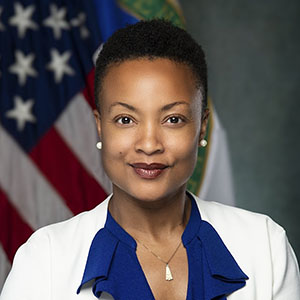
Robert D. Bullard
Robert D. Bullard is often described as the father of environmental justice. Prior to Texas Southern University, he was founding Director of the Environmental Justice Resource Center at Clark Atlanta University. He is an award-winning author of eighteen books that address sustainable development, environmental racism, urban land use, industrial facility siting, community reinvestment, housing, transportation, climate justice, disasters, emergency response, and community resilience, smart growth, and regional equity.
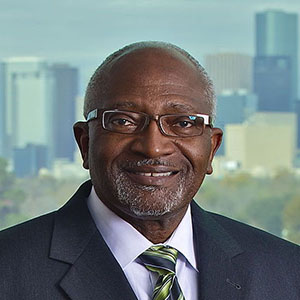
Connie Flanagan
Connie Flanagan's scholarship focuses on adolescents’ political theories and on the factors in communities that foster identification with and action for the common good in young people. Her book, Teenage Citizens: The Political Theories of the Young, won the 2014 Best Authored Book Award from the Society for Research on Adolescence. Her current project, Youth and the Environmental Commons, focuses on collective action and learning by urban youth of color to mitigate environmental problems in their communities.
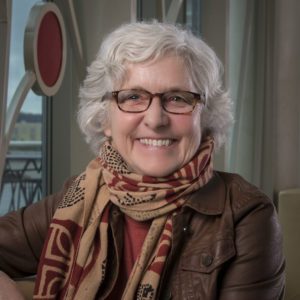
Diana Hernandez
Diana Hernandez focuses her work on the social and environmental determinants of health by querying the impacts of policy and place-based interventions on the health and socioeconomic well-being of vulnerable populations. Her community-oriented research examines the intersections between the built environment (housing and neighborhoods), poverty/equity and health with a particular emphasis on energy insecurity.

John Howat
John Howat has been involved with energy programs and policy issues since 1981. Howat's areas of expertise include: design and analysis of low income energy affordability and efficiency programs, low-income utility consumer protection, energy expenditure and burden analysis, prepayment and advanced metering, utility credit reporting and utilization of credit scores, development and analysis of utility arrearage and customer service data, analysis of program participation and outreach efforts, and utility rate design.
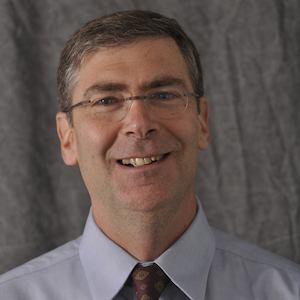
Destenie Nock
Destenie Nock leads the Energy, Equity and Sustainability Group at Carnegie Mellon. Dr. Nock's research is focused on applying optimization and decision analysis tools to determine paths for increasing a person's quality of life. In one line of research she evaluates the sustainability and reliability of the electricity grids in different energy systems. In general she likes to use mathematics for determining ways we can use energy planning as a tool for increasing social welfare.
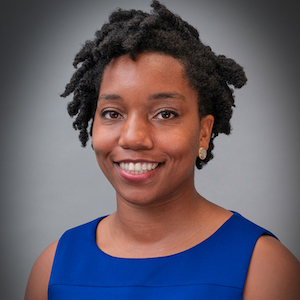
Tony Reames
Tony G. Reames is an assistant professor in the School for Environment and Sustainability and director of the Urban Energy Justice Lab at the University of Michigan in Ann Arbor. He is also a JPB Foundation Environmental Health Fellow in the T.H. Chan School of Public Health and Harvard University. He has a PhD in public administration from The University of Kansas, a Masters in engineering management from Kansas State University, and a Bachelor of Science in civil engineering from North Carolina Agricultural & Technical State University.
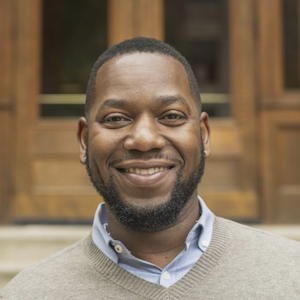
Grace Bulltail
Dr. Bulltail's research covers the disciplines of water resource engineering, natural resource management, land use, water quality science, and environmental justice in Indigenous communities. She has researched water quality impacts from natural resource extraction on tribal lands. Bulltail is interested in detailing the relationship of water, energy, and land use. She has focused her studies to tribal lands, federally reserved lands where water resources are governed by sovereign tribal nations.
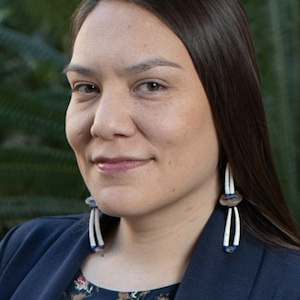
Tracey Holloway
Tracey Holloway is the 2017-2021 Gaylord Nelson Distinguished Professor at the University of Wisconsin—Madison, jointly appointed in the Nelson Institute for Environmental Studies and the Department of Atmospheric and Ocean Sciences. Tracey describes herself as an air quality scientist, working at the intersection of air quality, energy, climate, and public health.
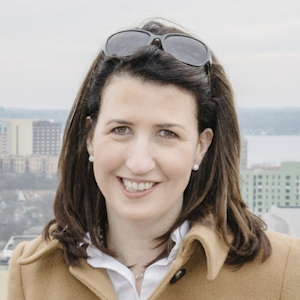
Joe Frank Bozeman
Joe Frank Bozeman is an industrial ecologist committed to fostering equitable climate change adaptation and mitigation strategies. His current work focuses on the sociodemographic impacts of the food-energy-water nexus, equity applications in energy and environmental systems, and urban carbon management strategies. Bozeman specializes in developing novel approaches, datasets, and policy proposals using core methodologies such as life cycle assessment, scenario analysis, and survey administration.
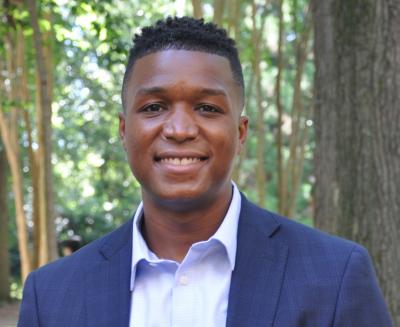
Kaiping Chen
Kaiping Chen's research focuses on the intersection of sustainability; computational communication; and diversity, equity, and inclusion issues. Chen's employs data science and machine learning methods as well as interviews to examine how digital media and technologies affect political accountability to public well-being and how deliberative designs can improve the quality of public discourse on controversial and emerging technologies.
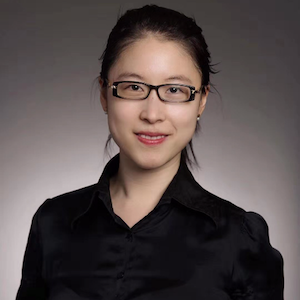
Irene Jacqz
Dr. Irene Jacqz's research focuses on air pollution, environmental policy, environmental justice, health, education, and inequality. She earned her PhD in environmental and resource economics from the University of Wisconsin – Madison and was a postdoctoral fellow at Harvard University's Inequality in America Initiative.
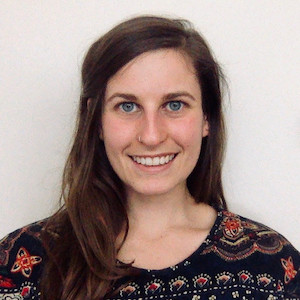
David Konisky
David Konisky’s research focuses on U.S. environmental policy and politics, with particular emphasis on environmental and energy justice, regulation, federalism, and public opinion. He received his Ph.D. in political science from MIT, has master’s degrees in environmental management and international relations from Yale University, and bachelor’s degree in history and environmental studies from Washington University in St. Louis.
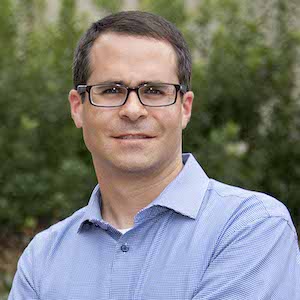
Christopher Timmins
Christopher Timmins specializes in urban and environmental economics, but he also has interests in industrial organization, development, public and regional economics. His recent research has focused on measuring the costs associated with exposure to poor air quality, the benefits associated with remediating brownfields and toxic waste under the Superfund program, the valuation of non-marginal changes in disamenities, and the causes and consequences of “environmental injustice”.
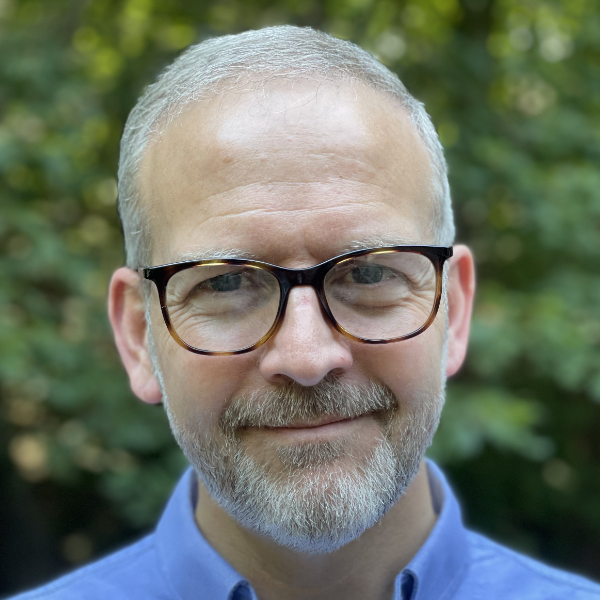
Morgan Edwards
Morgan Edwards' research and teaching focuses on human-centered energy responses to the climate crisis across policymaking scales. She draws on mixed quantitative and qualitative methods, combining large datasets and community knowledge with systems modeling, to assess and track the multi-dimensional impacts of human energy use. Current projects focus on fixing leaks in natural gas distribution systems, accelerating the phase-out of coal power plants, and assessing the equity implications of large-scale use of negative emissions technologies.
